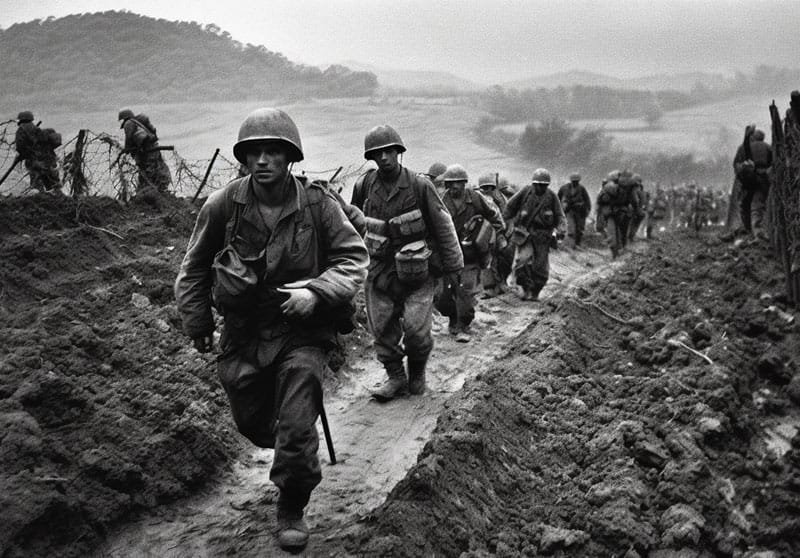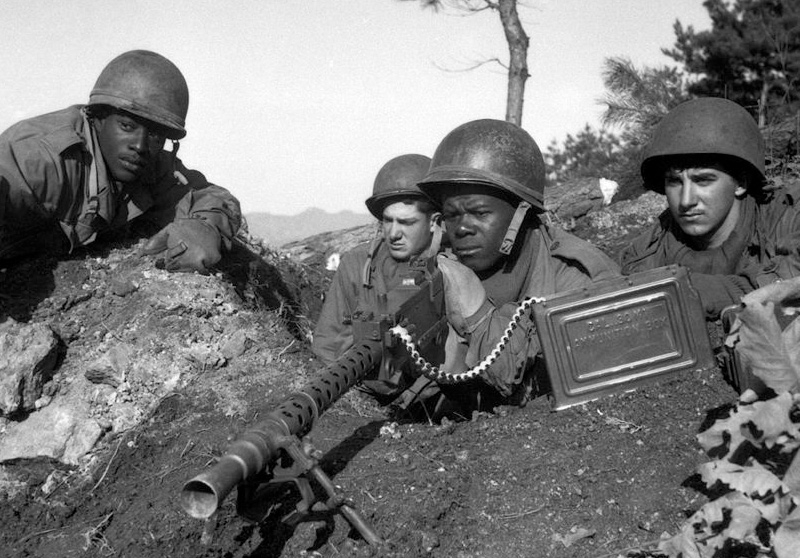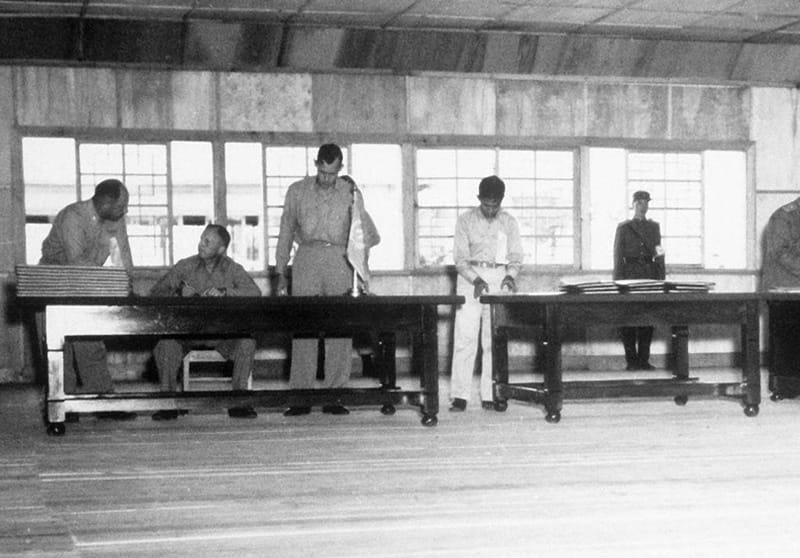A comprehensive article that explores the First Battle of Seoul, a crucial event in the Korean War. In this piece, we will delve into the historical context, causes, key players, strategies, and outcomes of the battle. Through this article, readers will gain a deeper understanding of the significance of the First Battle of Seoul and its impact on the course of the Korean War.
What You Will Learn
By reading this article, you will learn:
- The historical context leading to the outbreak of the Korean War.
- The causes and objectives of the First Battle of Seoul.
- The key players and military forces involved in the battle.
- The strategies and tactics employed by the opposing sides.
- The course of the battle, including major engagements and turning points.
- The outcomes and consequences of the First Battle of Seoul.
- The broader significance of the battle within the context of the Korean War.
Historical Context
Before delving into the details of the First Battle of Seoul, it is important to understand the historical context that led to the outbreak of the Korean War. Here are some key points:
- The division of Korea: Following World War II, Korea was divided into two separate zones of occupation by the United States and the Soviet Union along the 38th parallel.
- Ideological tensions: The ideological divide between the communist North, led by Kim Il-sung, and the capitalist South, led by Syngman Rhee, resulted in increasing tensions and hostilities between the two sides.
- Outbreak of war: On June 25, 1950, North Korea launched a surprise invasion of South Korea, sparking the Korean War.
Causes and Objectives of the First Battle of Seoul
The First Battle of Seoul, which took place from June 25 to June 28, 1950, was a critical early engagement in the Korean War. Here are the causes and objectives of the battle:
- Strategic significance: Seoul, the capital of South Korea, held significant strategic importance as a transportation hub and a symbol of political control.
- North Korean objectives: The North Korean forces aimed to capture Seoul swiftly, consolidating their control over the entire Korean Peninsula and dealing a decisive blow to South Korean morale.
- United Nations response: In response to the North Korean invasion, the United Nations authorized military intervention to repel the aggressors and restore peace in South Korea.
Key Players and Military Forces
The First Battle of Seoul involved several key players and military forces. Here are the primary actors in the battle:
- North Korean forces: Led by General Kim Il-sung, the North Korean People’s Army (NKPA) comprised well-trained and highly motivated troops, supported by Soviet-supplied weapons and equipment.
- United Nations forces: The United Nations Command (UNC) led the defense of Seoul, with significant contributions from South Korean, American, and other allied forces. General Douglas MacArthur was the overall commander of the UNC.
Strategies and Tactics Employed
Both sides employed various strategies and tactics during the First Battle of Seoul. Here are some notable approaches:
- North Korean offensive: The NKPA launched a swift and aggressive offensive, utilizing combined arms tactics, tank support, and overwhelming firepower to advance rapidly towards Seoul.
- UNC defense: The UNC forces adopted a defensive strategy, aiming to halt the North Korean advance and prevent the fall of Seoul. They established defensive positions, utilized artillery and air support, and conducted counterattacks.
Course of the Battle
The First Battle of Seoul witnessed intense fighting and a series of engagements. Here is an overview of the major developments:
- Initial North Korean advance: The NKPA rapidly advanced towards Seoul, encountering little resistance in the early stages of the battle.
- UNC resistance: As the North Korean forces approached Seoul, the UNC forces mounted a determined defense, engaging in fierce urban combat and utilizing strong defensive positions.
- Allied counteroffensive: In a significant turning point, the UNC forces launched a successful counteroffensive, pushing the North Korean forces back and reclaiming control over Seoul.
Outcomes and Consequences
The outcomes and consequences of the First Battle of Seoul had a significant impact on the course of the Korean War. Here are some key points:
- Liberation of Seoul: The UNC forces successfully liberated Seoul from North Korean control, boosting South Korean morale and providing a crucial psychological victory.
- Escalation of the war: The battle marked a turning point in the conflict, leading to an escalation of the war as both sides committed more resources and troops.
- Lengthy conflict: The Korean War continued for several more years, resulting in heavy casualties and devastation on both sides.
Significance within the Korean War
The First Battle of Seoul held substantial significance within the broader context of the Korean War. Here are some notable points:
- Psychological impact: The battle had a profound psychological impact on the Korean people, providing hope and inspiration for the South Korean population and demonstrating the resilience of the UNC forces.
- Strategic implications: The UNC’s successful defense and liberation of Seoul disrupted the North Korean offensive, forcing a shift in their strategies and buying time for the UNC forces to regroup and reinforce their positions.
- International attention: The battle garnered international attention, drawing increased support and resources from the United Nations and other allied nations in the subsequent phases of the war.
Conclusion
The First Battle of Seoul stands as a pivotal moment in the Korean War, representing a significant turning point in the conflict. Through an understanding of its historical context, causes, key players, strategies, and outcomes, we can appreciate the profound impact this battle had on the course of the war. The defense and liberation of Seoul by the UNC forces marked a crucial victory and demonstrated the determination and resilience of those involved. The battle’s consequences, both immediate and long-term, shaped the trajectory of the Korean War and further underscored the high stakes and complexities of the conflict.
- The Battle of Midway: Turning the Tide in the Pacific - June 7, 2023
- The D-Day Operation of June 6, 1944 - June 6, 2023
- The B-29 that Changed History - June 4, 2023





